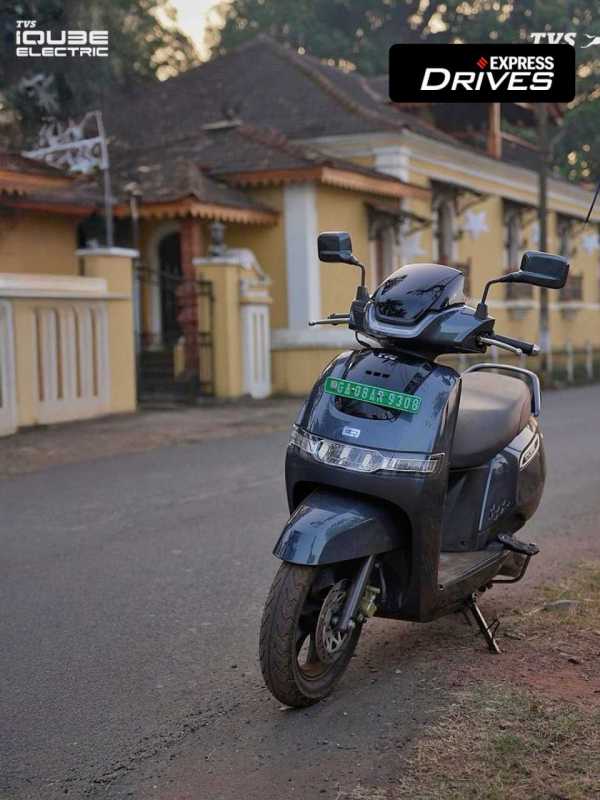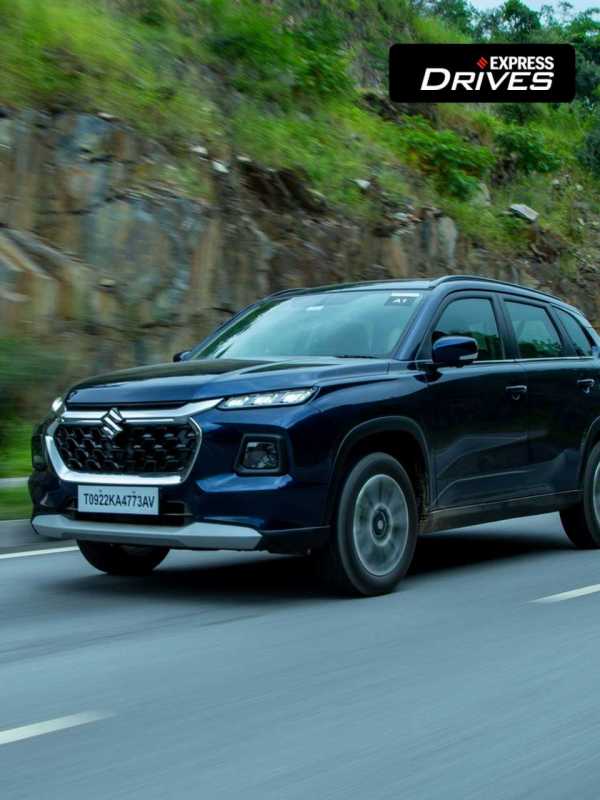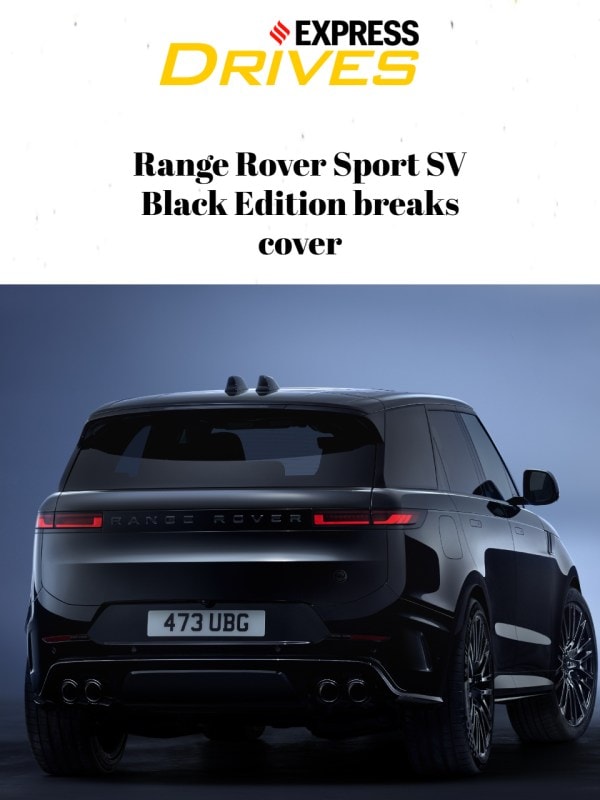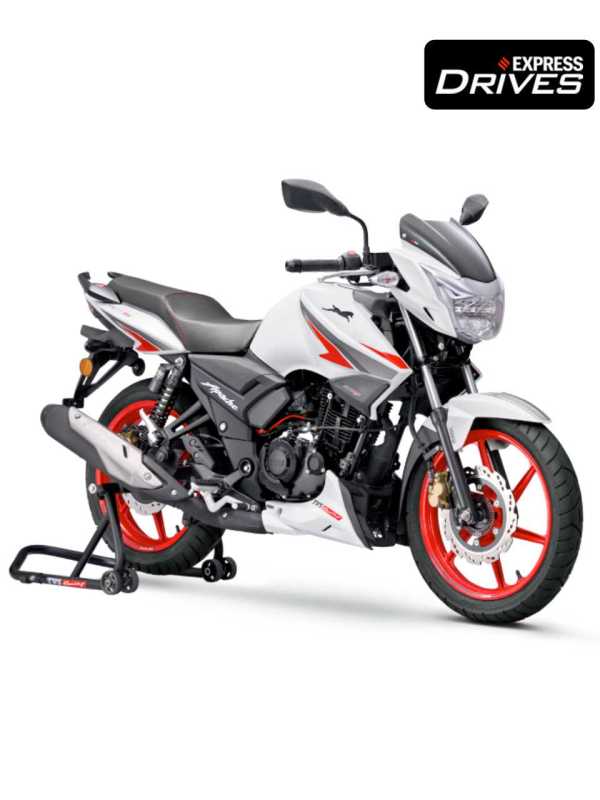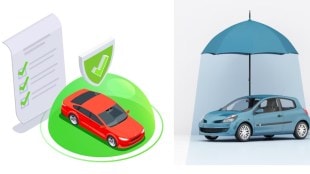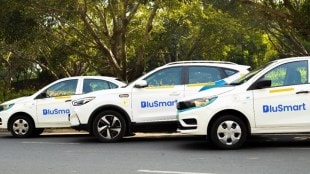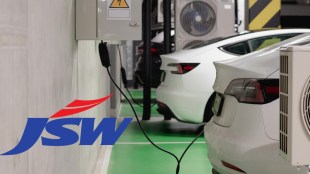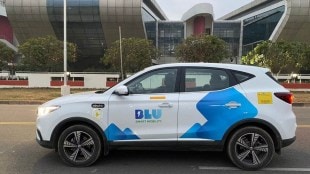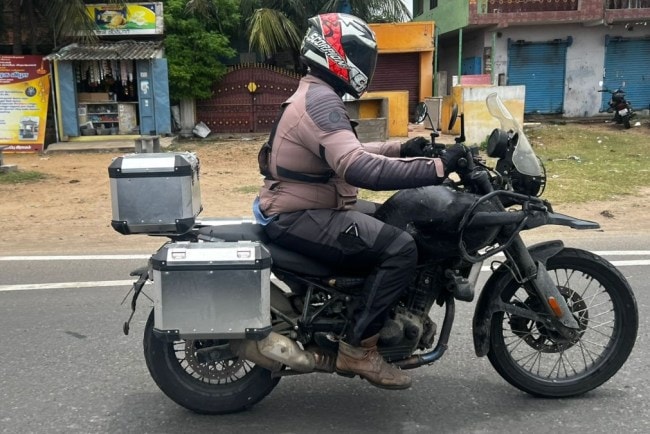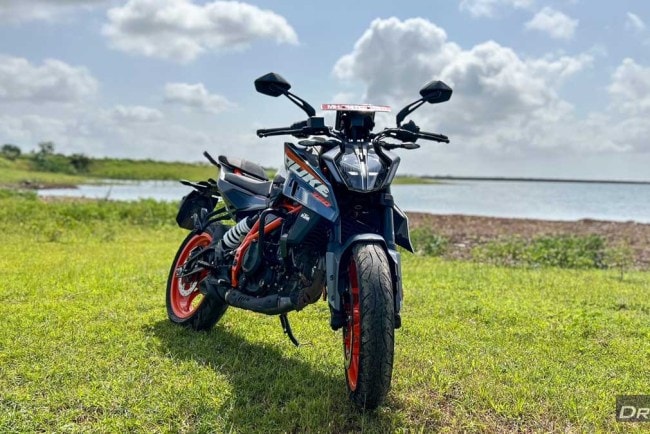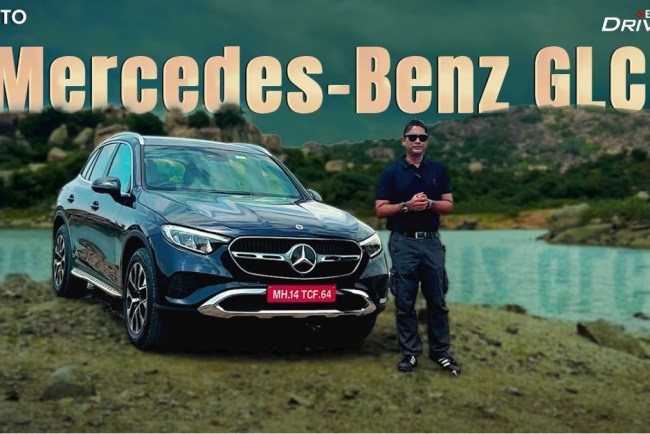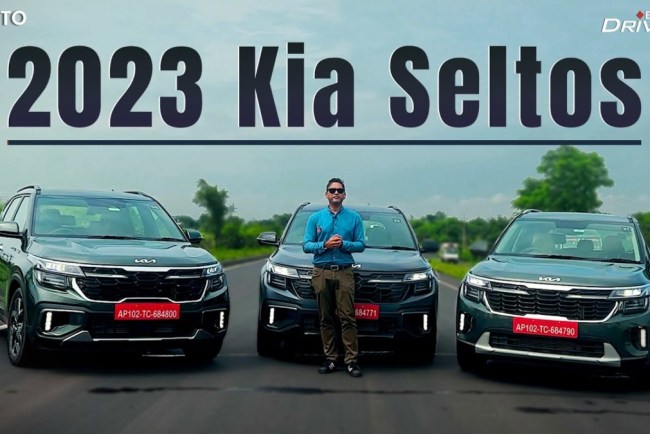Kolkata-based electric cab service provider Snap-E Cabs plans to expand its services to tier 2-3 towns and also look at newer revenue streams like EV charging, battery lifecycle management and recycling among others.
In a recent interaction with Financial Express Online, Mayank Bindal, Founder & CEO, Snap-E Cabs shared that the company has invested over $5 million (Rs 40 crore), and had recently raised $2.5 million (Rs 20 crore) in pre-series A round. “Charging and mobility as revenue stream, battery technology and recycling though at a very nascent stage of exploration, while it is at a very early stage of our research but we feel that will be a large portion of our business in the future,” Bindal outlined charting the future course for the company.

The on-demand e-cab services started operations in August 2022 with a fleet of 100 Tata Tigor EVs and now has 600 EVs in its fleet. Initially, the company listed its vehicles on Uber platform but realised that it would have optimal control over its fleet by managing the vehicles itself. This led to the creation of its own app in October 2022.
In addition, to having over 2,500 rides per day, it also caters to B2B customers, wherein its fleet of EVs is deployed by customers for employee transportation. “We don’t have any surge pricing and neither do we have any ride cancellations. In fact, we are in the process of compensating the passenger, if for any reason we have to cancel post-acceptance of the booking.” shared Bindal.
One of the key challenges for electric vehicles, is their higher upfront costs Vs higher downtime due to time required for charging but “We are already unit economics positive. The revenue per car is more than that of EMI, driver reimbursement, maintenance, insurance, and other costs related to the car. The overhead expenses and tech expenses are higher therefore we have a cash burn which is anticipated to be positive within the next 18 months,” he shared.
Why EVs make more sense in public transportation?
The Indian government has been quite aggressive in the past couple of years to incentivise electric passenger vehicles, especially for private consumers.
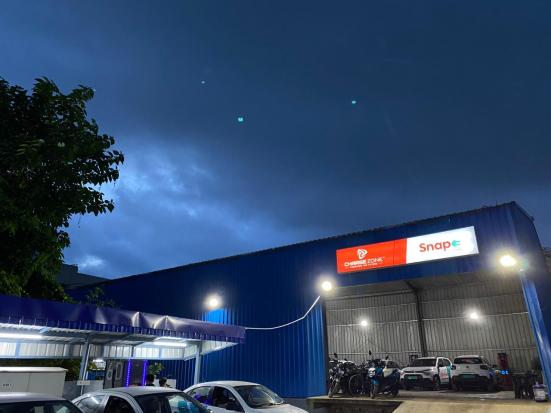
“Cabs or for that matter any public transportation is highly polluting since they run 10 times more than a personal vehicle. Therefore if we change the public transportation into EV’s that should affect the entire ecosystem positively. Moreover, the more the vehicle runs, the more economical it gets since the fuel costs are lower. Therefore, it makes more sense to the fleet owners. Eventually, at economies of scale, the car costs will come down making it more profitable for all the people,” Bindal added.
However, the dearth of offerings in the EV space (competitive pricing and higher mileage vehicles) as most major automakers are yet to introduce their product offerings. “If you see most of the legacy automakers are still waiting, whereas many EV makers are new-age players having zero experience in building cars. Once the established players jump in we will find more options,” he said.
In fact, Snap E-Cabs aims to deploy 700 EVs in the next 6 months, which it says will double its fleet in Kolkata. It also aims to expand to newer geographies by March 2025.
Not just that, the firm is fairly inclusive and has been recruiting women drivers too, “I believe women are equally good at driving and are safe drivers. Being in the cab business we need to adhere to the safety of the passengers. I am not saying male drivers are unsafe drivers, but they do tend to get reckless. On the other hand, we need to manage our shifts in such a way that women drivers fit our requirements as well. You won’t find a lot of male drivers wanting to drive in a 6-8 hours shift (due to EV charging time), whereas we have female drivers who are willing to do so and therefore solve our problems.”







